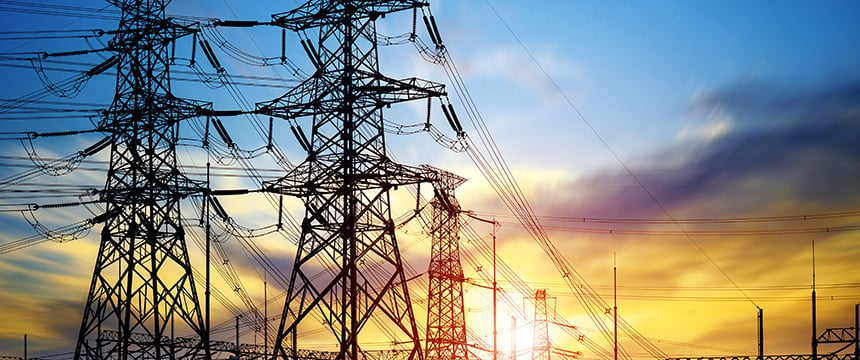Mexico’s Antitrust Commission Recommends That Congress Not Pass Constitutional Reform in Electricity Sector Due to Competition Concerns

Last year, Mexican President Andrés Manuel López Obrador submitted to the Mexican Congress a bill to amend a number of constitutional articles related to certain energy matters (the “Bill”). If approved, the Bill would undo the 2013 Constitutional Reforms to the energy sector (the “2013 Energy Reform”) and the 1992 legal reforms, completely overhauling the current state of the electric industry, hindering domestic and international private sector participation. The Bill would also affect the hydrocarbon and mining industries in the country.
Under the Bill, the Comisión Federal de Electricidad (CFE) (Mexico’s utility company) would in essence become again the exclusive supplier of electricity to end consumers. The Bill would also create a monopsony (sole buyer) by making CFE the only entity able to purchase wholesale electricity. The private investors owning power generation facilities would thus be forced to sell electricity to CFE under conditions to be defined by CFE. For further information on the content of this Bill, please click here.
Recently, the Mexican Antitrust Commission (Cofece) issued an opinion to the Mexican Congress recommending against approving the Bill due to serious competition concerns. Cofece concludes that the Bill would:
- Eliminate competition in the electric industry which has allowed consumers to secure electricity rates at a lower cost;
- Remove the regulatory mechanisms that allow for the efficient performance of the industry;
- Result in an increase to electricity rates, harming industrial and small consumers1</sup>;
- Impact public finances by increasing the amount of subsidies paid by the Mexican government to small consumers; and
- Undo the institutional framework that protects public interest by transferring to CFE certain regulatory and public policy tasks, including the control and planning of the electricity system, as well as the determination of rates.
Cofece also raised concerns that the Bill will drastically affect the competition model created for the power generation and commercialization sectors under the 2013 Energy Reform, by reverting to a vertically integrated model operated by a non-regulated State monopoly. This model has been abandoned in many countries due to its inefficiency, inability to meet demand, high costs, and negative impact on public finances.
Cofece also stated in its opinion, that the Bill contemplates the cancellation of all existing generation permits and electricity purchase and sale contracts with the private sector, which would translate into a restriction of supply, idleness of assets, and greater disincentives for investments. Although proponents of the Bill foresee that private parties will be able to generate “up to” 46 percent of the energy required by the country, this generation would only be for sale to the CFE and under the thresholds, terms and conditions —still unknown— determined by CFE, which turns CFE into a monopsony in the purchase of wholesale electricity.
***
Foley has a strong interdisciplinary group of experts with deep knowledge of energy and competition matters in Mexico and the U.S, ready to assist clients on issues concerning power generation and the concerns raised by the recent reforms and policies propelled by the Mexican government. The Firm also has a unique cross-border team specialized in defense under Mexican courts and USMCA investment arbitrations on energy reforms in Mexico.
1 Small consumers defined as those whose demand is less than 1MW


